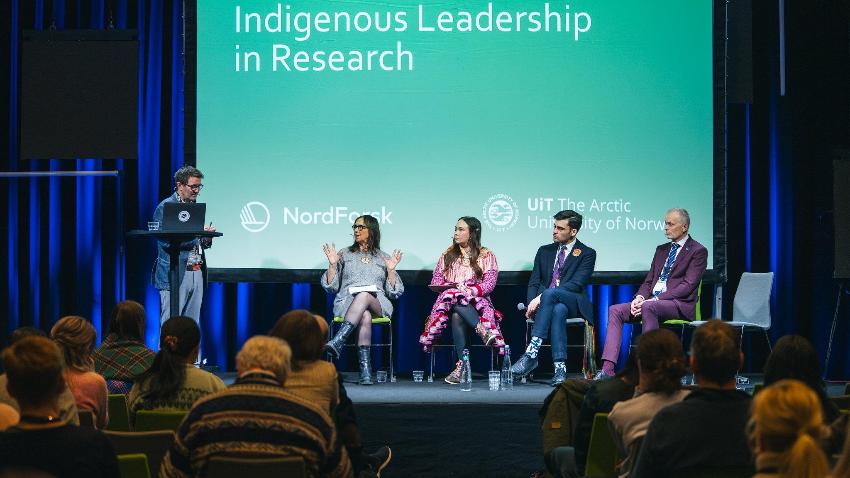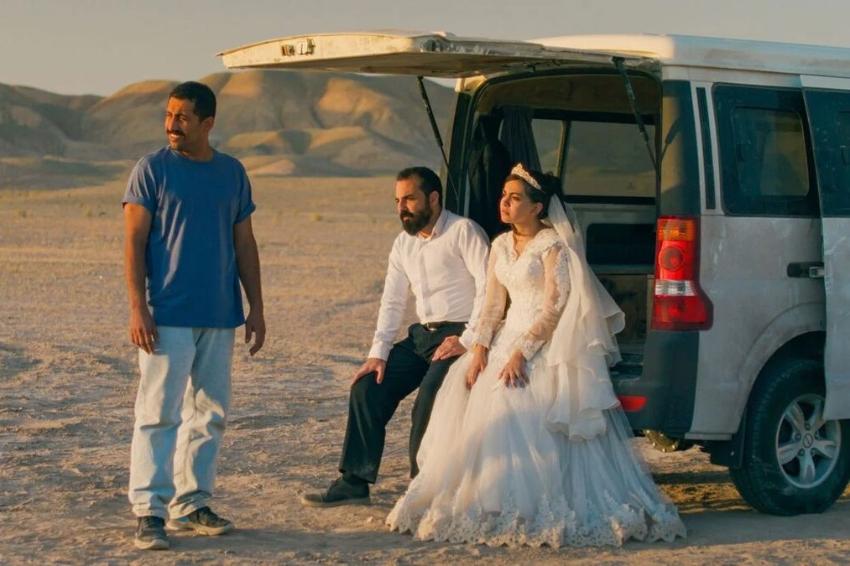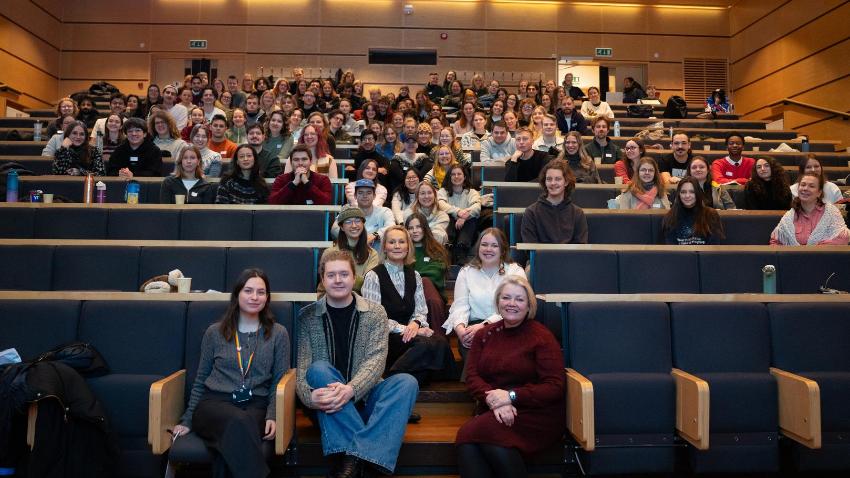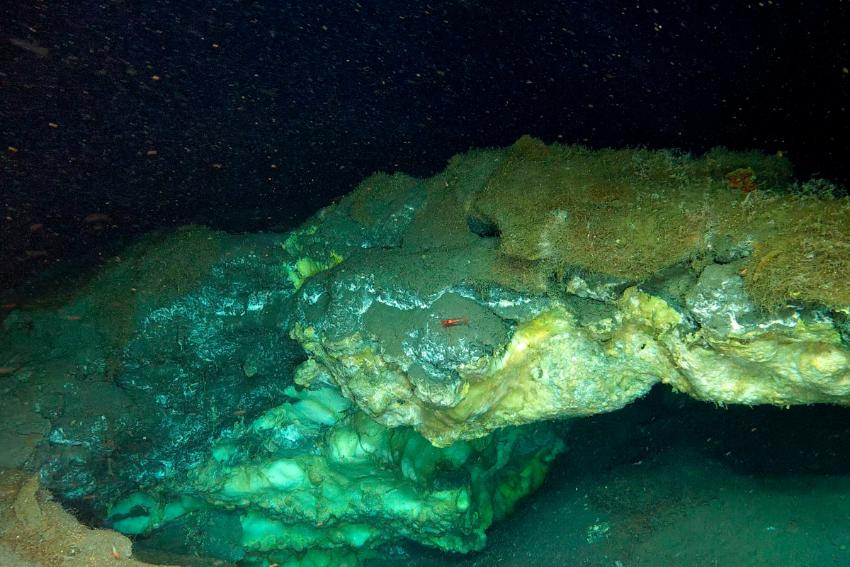Defence and Direct Democracy in Switzerland
Open discussion on the recent military jet referendum in Switzerland by Marc Lanteigne – UiT Political Science
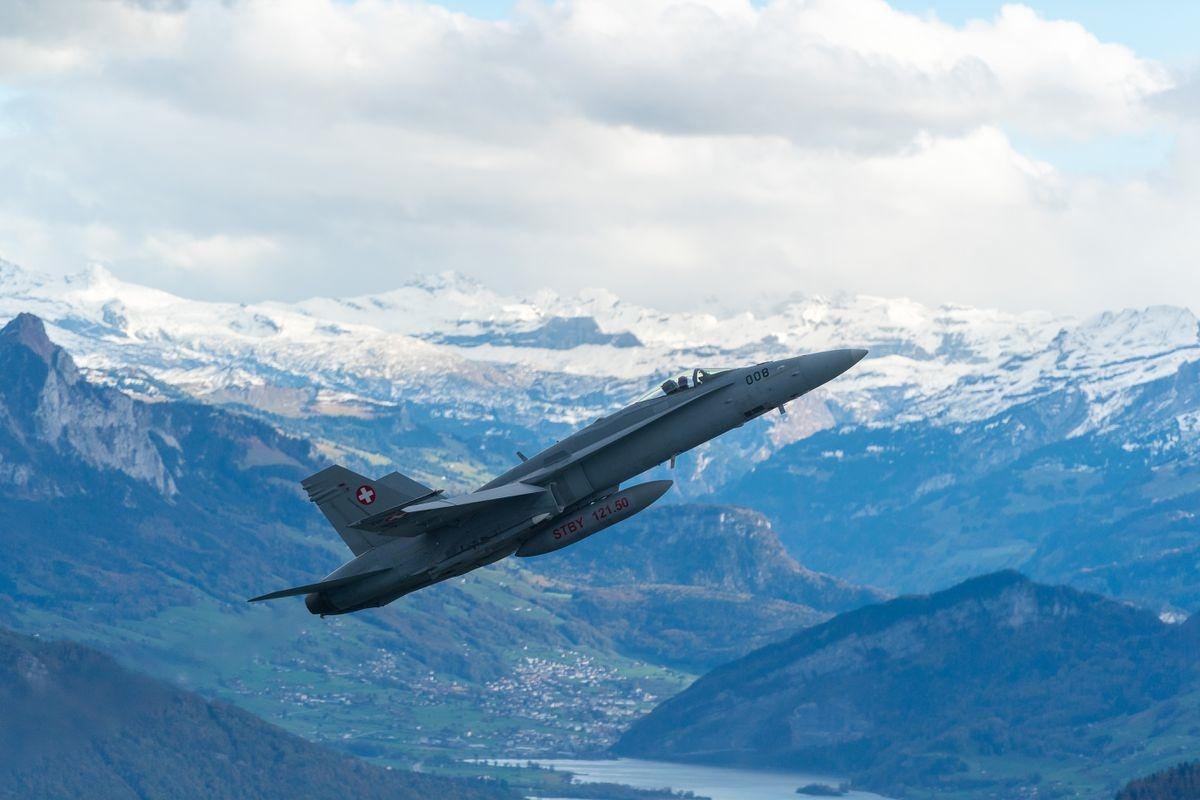
While debates over security and military policy are not unusual around the globe, it is exceedingly rare for a population to have a direct say in a country’s defence spending. Yet, that was exactly the case in Switzerland on 27 September, when voters approved, by a paper-thin majority (less than nine thousand votes), the purchase of new fighter jets for the Swiss Air Force.
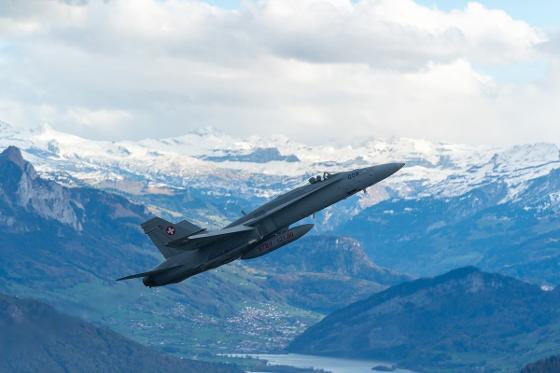
F/A-18 Hornet in flight – Photo by Alexander Kühni / Sam Bosshard, Switzerland Air Force VBS/DDPS – ZEM, 29 October 2018.
Referenda are quite common in the Swiss political system, acting as a cornerstone of the country’s democracy, and such votes over military policy are also not unusual in the country. Switzerland is the only state where a popular vote concerning military affairs is conducted. For example, a controversial 2013 vote to potentially end military conscription failed by almost a three-quarter majority, and an even more contentious referendum about abolishing the Swiss Army altogether took place in 1989 as the cold war was fading. That call, backed by the organisation Gruppe für eine Schweiz ohne Armee (‘Group for a Switzerland Without an Army’), or GSoA, was also unsuccessful, but the result (about 36% of voters opted to support the initiative), was much smaller than many had expected. Participation in United Nations peacekeeping has also been subject to referenda, including a ballot in 1994 to decide whether armed Swiss forces could participate in blue helmet missions (failed) and a subsequent vote regarding the potential for Swiss peacekeepers to be armed for self-defence during UN missions, (approved in 2001). Switzerland only joined the UN as a member in 2002 but aspires to attain a non-permanent seat in the Security Council during 2023-4.
This referendum regarding the acquisition of new jets was largely overshadowed by another ballot the same day, relating to the restriction of immigration from European Union citizens and the de facto termination of an agreement with Brussels promising free movement (and which was soundly defeated by more than 61%, averting potentially serious damage to EU-Swiss relations). However, the jet fighter referendum raised political questions of a different sort, namely how the country with its long-maintained policy of neutrality, would meet current security challenges. It also illustrated the unique connection in Switzerland between its population and questions of defence.
There had been a similar attempt to approve such purchases via a referendum in 2014, but that initiative, specifically involving the question of whether to purchase 22 Gripen-class fighter jets from Swedish manufacturer Saab, was rejected with a 53-47% result, after opponents of the sale gathered the required fifty thousand signatures to force a vote on the matter. Since the 2014 initiative failed largely due to financial concerns among the electorate, the Swiss government this time avoided specifying from which company the jets would be purchased. Thus, the next challenge will be to find a supplier at a price which is acceptable to both government and populace at a time when the Swiss economy, like many others, is facing a double challenge of the global pandemic and economic downturn. (Nonetheless, it was suggested last month by the Horizon Group, a Geneva-based think tank, that Switzerland, along with Finland, Germany and Norway, were best positioned to experience a post-pandemic economic rebound).
Support for the new jets was hardly uniform across the country. Polls had suggested a significant gender gap in the backing of the initiative, (with male voters being considerably more supportive of the purchase than female), as well as an age gap, with younger voters being less enthusiastic about the plans. The final results suggested that the German-speaking cantons were more in favour of the purchases, while in the French-speaking regions to the west, along with Italian-speaking Canton Ticino, the majority voted ‘non’ and ‘no’. Amongst political groups, both the Swiss Green and Social Democratic parties were opposed to the purchase, along with the GSoA, arguing that spending should be diverted to other sectors such as education and welfare.
With the passing of this resolution, albeit with a less-than-robust mandate, the Swiss government will now explore options to purchase the new fighter aircraft, with a budget of no more than six billion Swiss francs, (US$6.52 billion, NoK 61 billion), to supplement an aging cohort of SAF aircraft, including F-5 Tigers and F/A-18 Hornets, which would need to be retired by the end of this decade. Public opinion sampling would suggest that Swiss citizens are strongly against purchasing the jets from an American manufacturer like Boeing or Lockheed Martin, (an opinion echoed by the GSoA), in favour of a European firm. This was due to concerns about costs of, and an eventual dependency upon American parts, but also reflecting the unpopularity in Switzerland of the current occupant of the White House. Relations between Switzerland and the US have cooled in recent months due to threats by Washington to cite the Swiss government as a currency manipulator in the wake of efforts by the latter’s central bank to bring down the value of the Swiss franc versus the dollar in global currency markets. The franc has often been viewed as a ‘safe haven’ currency during times of global financial trauma.
This referendum was another reminder of the balancing act Switzerland has been trying to maintain between its historical policies of neutrality and ‘Sonderfall’ (or ‘special case’) exceptionalist thinking, and recognizing the security challenges now facing the country and indeed the rest of Europe. Neutrality in Switzerland can be traced back to the Battle of Marignano in 1515, when a defeat of the Swiss army by French-Venetian forces prompted a dramatic rethinking in the country towards involvement in foreign conflicts. When the Congress of Vienna was assembled, in 1814-5, Switzerland’s neutrality policy was first enshrined in international law.
Swiss views of neutrality both on the governmental level and within the populace have shifted in recent decades. Just as the end the cold war impelled Switzerland to develop policies under the aegis of ‘active neutrality’, including greater support for multilateral initiatives and regimes, the rise of China and the advent of the post-2018 Sino-American trade war has prompted Switzerland to contemplate a strategy of economic neutrality, given its interests in maintaining good relations with Beijing and Washington in addition to Brussels.
In the current period of international economic and strategic uncertainty, the definitions and parameters of ‘security’ thinking continue to shift, including into the realm of hybrid warfare and ‘grey zone’ operations. Thus, the ‘Swiss model’ of direct dialogue about, and participation in, key decisions affecting a national military, is now likely to gain more international attention.
-
Fiskeri- og havbruksvitenskap - bachelor
Varighet: 3 År -
Fiskeri- og havbruksvitenskap - master
Varighet: 2 År -
Master of Philosophy in Visual and Multimodal Anthropology
Varighet: 2 År -
Arkeologi - master
Varighet: 2 År -
Peace and Conflict Transformation - master
Varighet: 2 År -
Indigenous Studies - master
Varighet: 2 År -
Technology and Safety - master
Varighet: 2 År -
Biologi - bachelor
Varighet: 3 År -
Rettsvitenskap - master
Varighet: 5 År -
Sosiologi - master
Varighet: 2 År -
Strategisk ledelse og økonomi - erfaringsbasert master
Varighet: 5 Semestre -
Engelsk - årsstudium
Varighet: 1 År -
Samfunnsplanlegging - bachelor
Varighet: 3 År -
Pedagogikk - bachelor
Varighet: 3 År -
Sosiologi - bachelor
Varighet: 3 År -
Arkeologi - bachelor
Varighet: 3 År -
Spansk - årsstudium
Varighet: 1 År -
Statsvitenskap - bachelor
Varighet: 3 År -
Pedagogikk - master
Varighet: 2 År -
Likestilling og kjønn - årsstudium
Varighet: 1 År -
Samfunnsplanlegging - master
Varighet: 2 År -
Økonomi og administrasjon - bachelor
Varighet: 3 År -
Samfunnssikkerhet - bachelor
Varighet: 3 År -
Økonomi og administrasjon, siviløkonom - master
Varighet: 2 År -
Ledelse, innovasjon og marked - bachelor
Varighet: 3 År -
Ergoterapi - bachelor
Varighet: 3 År -
Grunnskolelærerutdanning for 1.-7. trinn - master
Varighet: 5 År -
Grunnskolelærerutdanning for 5.-10. trinn - master
Varighet: 5 År -
Samfunnssikkerhet - master
Varighet: 2 År -
Kunst - bachelor
Varighet: 3 År -
Kunsthistorie - master
Varighet: 2 År -
Musikkutøving - bachelor
Varighet: 4 År -
Religionsvitenskap - årsstudium
Varighet: 1 År -
Russisk - årsstudium
Varighet: 1 År -
Samfunnsøkonomi med datavitenskap - bachelor
Varighet: 3 År -
Sosialantropologi - bachelor
Varighet: 3 År -
Organisasjonsdesign og ledelse - master
Varighet: 2 År -
Statsvitenskap - master
Varighet: 2 År -
Historie - master
Varighet: 2 År -
Kunsthistorie - bachelor
Varighet: 3 År -
Tysk - årsstudium
Varighet: 1 År -
Filosofi - bachelor
Varighet: 3 År -
Kvensk - årsstudium
Varighet: 1 År -
Barnehagelærer - bachelor
Varighet: 3 År -
Forfatterstudium 2 - årsstudium
Varighet: 1 År -
Barnevern - bachelor
Varighet: 3 År -
Sosialt arbeid - bachelor
Varighet: 3 År -
Bedriftsøkonomi - årsstudium
Varighet: 2 År -
Ledelse - årsstudium
Varighet: 2 År -
Sosialt arbeid - master
Varighet: 2 År
